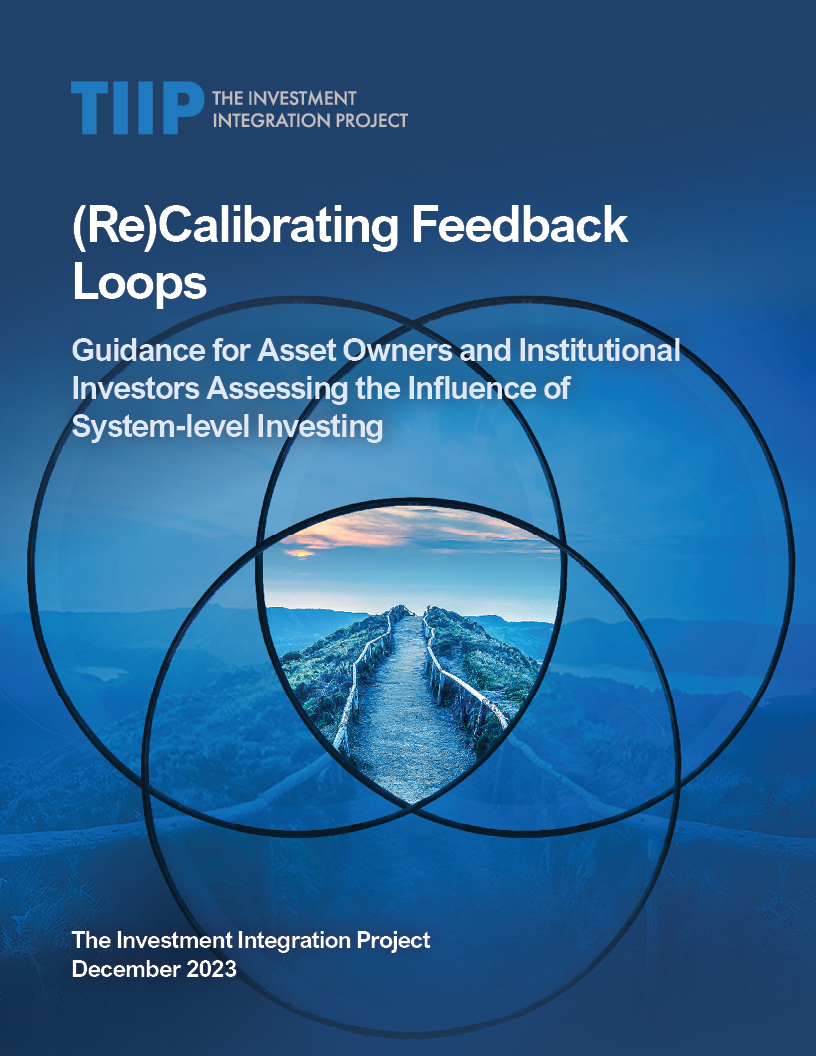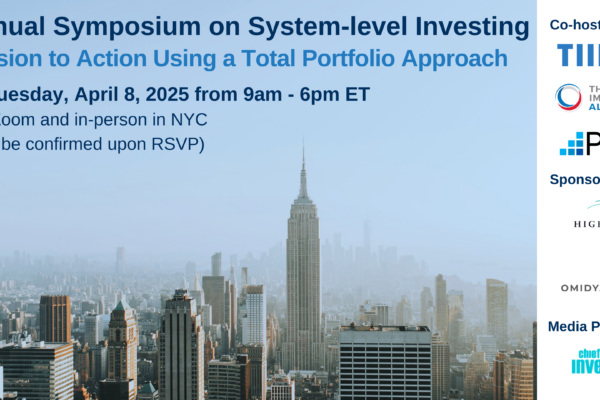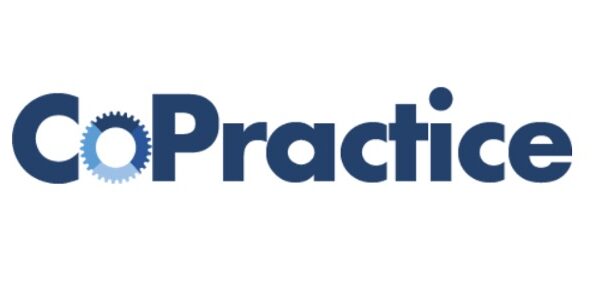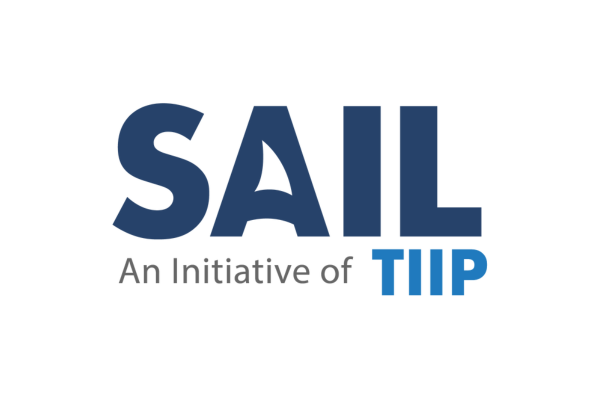New report includes detailed case studies for applying the process to systemic issues like climate change, income inequality, and racial inequity
New York December 5, 2023 – The Investment Integration Project (TIIP) announced today the release of a new report, (Re)Calibrating Feedback Loops: Guidance for Asset Owners and Institutional Investors Assessing the Influence of System-level Investing. The project focused on the development of a framework for investors to measure their impacts and influence on systemic risks, through case studies of climate change, income inequality and racial inequity. This report – which was co-authored by William Burckart, Melissa Eng, Jessica Ziegler and Monique Aiken – was supported by grant funding from the Tipping Point Fund on Impact Investing (TPF), a donor collaborative developed with the mission of creating and supporting public goods that are critical to the continued growth and fidelity of the impact investing market.
“Dating back to TIIP’s inaugural white paper in 2015, which included a call for impact measurement to bridge the gap between the portfolio and system levels, TIIP has been developing frameworks that help investors assess the impact of their actions in the context of system-level progress,” said William Burckart, CEO of TIIP and co-author of the book ‘21st Century Investing.’ “This project puzzles together the pieces of several of TIIP’s preceding measurement reports as well as a range of industry thought leadership to re-introduce pathways for system-level investing. We are eager the continue collaborating with industry leaders to provide practical guidance and streamlined tools to a breadth of investors.”
An essential component of the framework is ensuring that an investor’s policies, programs, and practices are aligned with their overarching system-level goals—do all actions work in the direction of a healthier and more resilient system? Furthermore, the impact of an investor’s actions will be amplified when they can gain momentum through collaborative efforts of the financial system. Aligning the actions of many investors with varying resources and capabilities to achieve system-level goals is what will recalibrate feedback loops to support stable systems.
“It’s exciting that TIIP is moving further into practical implementation. This work adds to TIIP’s efforts to help investors understand how their capital affects the social and environmental systems that they in turn rely on to earn investment returns and to manage risk. It goes beyond the “single materiality” concept that focuses on how ESG factors affect investments. It also enlivens and structures the idea of “double materiality” (the impact of ESG factors on investments) by widening the lens to systems,” said Lenora Suki, Senior Advisor and Consultant of Renaissouk LLC, and Chair of the project working group. “Importantly, it shows how existing sustainable and impact investment frameworks can be used to elevate the outcomes of investments, to make our world more resilient, secure and inclusive.”
This report builds on a series of interrelated projects, each of which aims to develop dimensions of the shared infrastructure and principles that are pivotal to shifting the financial sector from uncoordinated innovation to building the marketplace for system-level investing. The first of these was the Industry Needs Project in 2021, which helped determine whether and how much the financial industry knows about system-level investing and how to encourage and support widespread adoption of this approach. One of the primary findings was that an industry-wide embrace of system-level investing will depend, in large part, on ensuring that investors have access to frameworks for assessing their impact on systemic issues. This includes guidance on good governance, effective due diligence, meaningful reporting, and the data to support these processes.
“Impact management standardization and data interoperability are essential to the growth of the impact investing industry and for investors to effectively address environmental and social challenges,” said Jessie Duncan, Lead Program Officer for the Tipping Point Fund on Impact Investing. “This report offers foundational guidance to help investors contextualize and coordinate their use of various standards and frameworks as part of assessing how their actions are impacting and influencing the financial community, economy, environment, and society.”
The report was informed by a working group of industry leaders who were instrumental in ensuring the practical applicability of the guidance. Their insights were critical to ensuring both nuance and usability. In addition, the report includes a detailed roadmap of the process by which investors can assess system-level investing progress, with examples focused on climate change, income inequality, and racial inequity. The guidance developed through this research and report seeks to answer the following questions:
- What is the relationship between the standards and goals set by investors at a portfolio level and the overarching indicators of progress at a system level?
- In what ways and to what extent does the management of portfolio-level risks and rewards translate into system-level progress?
- In what ways and to what extent do system-level developments affect portfolio-level performance?
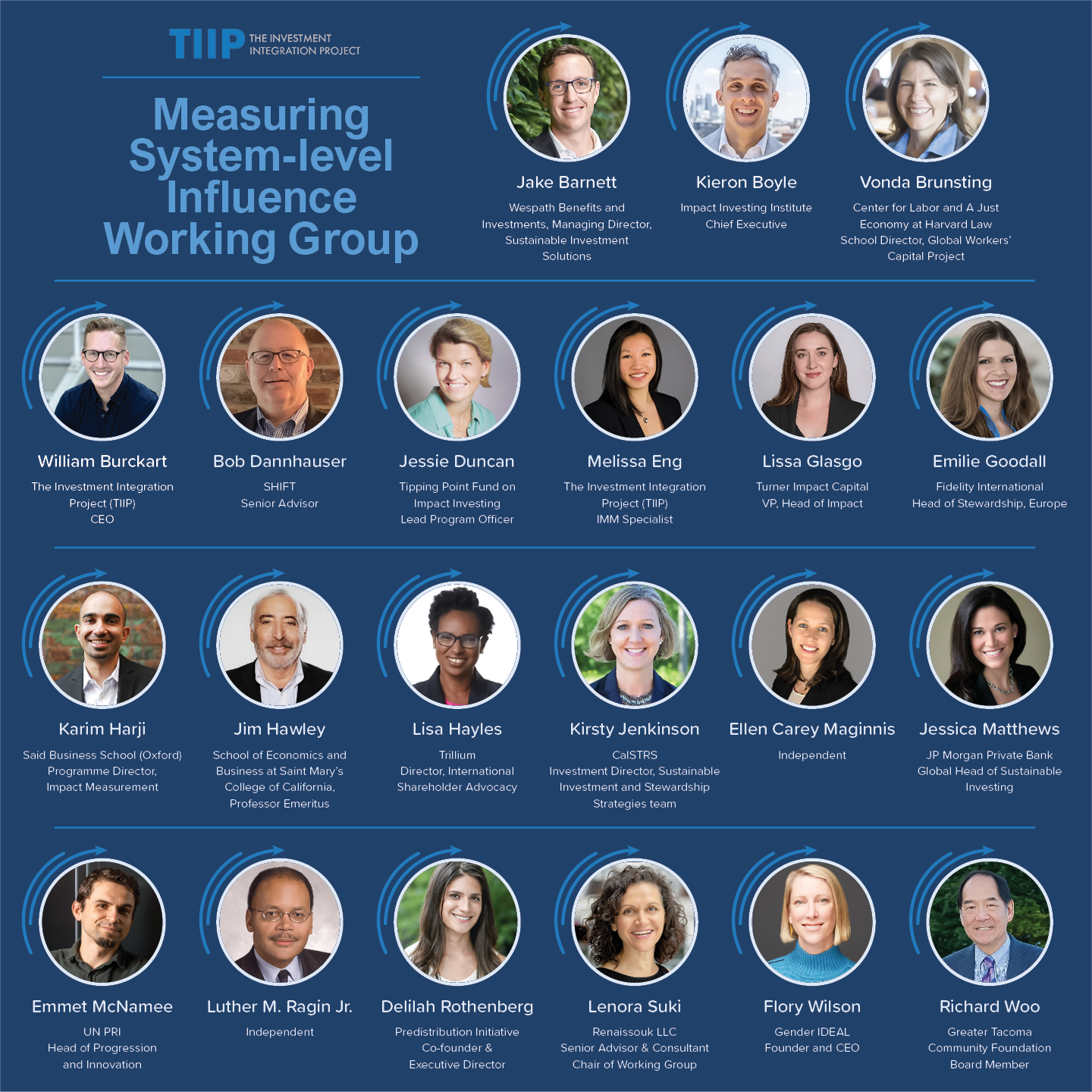
“With the valuable input of many industry leaders, this project brings together a range of insights on how investors can more intentionally address systemic risks through their actions at the portfolio, sector, and system level,” said Luther M. Ragin Jr. “It is our hope that the report provides clarity, direction, and an invitation to continue advancing–and assessing–system-level progress.”
The findings from this project reinforce the need for more robust data to be leveraged in the evaluation of system-level progress. Applying the framework presented in this report will help the financial industry better fulfill the promise of system-level investing as a force for calibrating—or recalibrating as the case may be—the feedback loops between investors, and overarching social, financial and environmental systems. In doing so, investors will help to ensure that their investments intentionally support the health and resilience of crucial systems, reduce systemic risks, and promote opportunities for all.
Read the report here.
The Investment Integration Project (TIIP)
TIIP’s mission is to help investors understand how healthy social, environmental, and financial systems can benefit their portfolios. TIIP provides consulting services, applied research, and a turnkey solution (SAIL) that supports investors’ pursuit of system-level investing, an advanced approach to sustainable and impact investing that focuses on managing systemic risks and investing in solutions to systemic problems. For more information, visit https://www.tiiproject.com.

